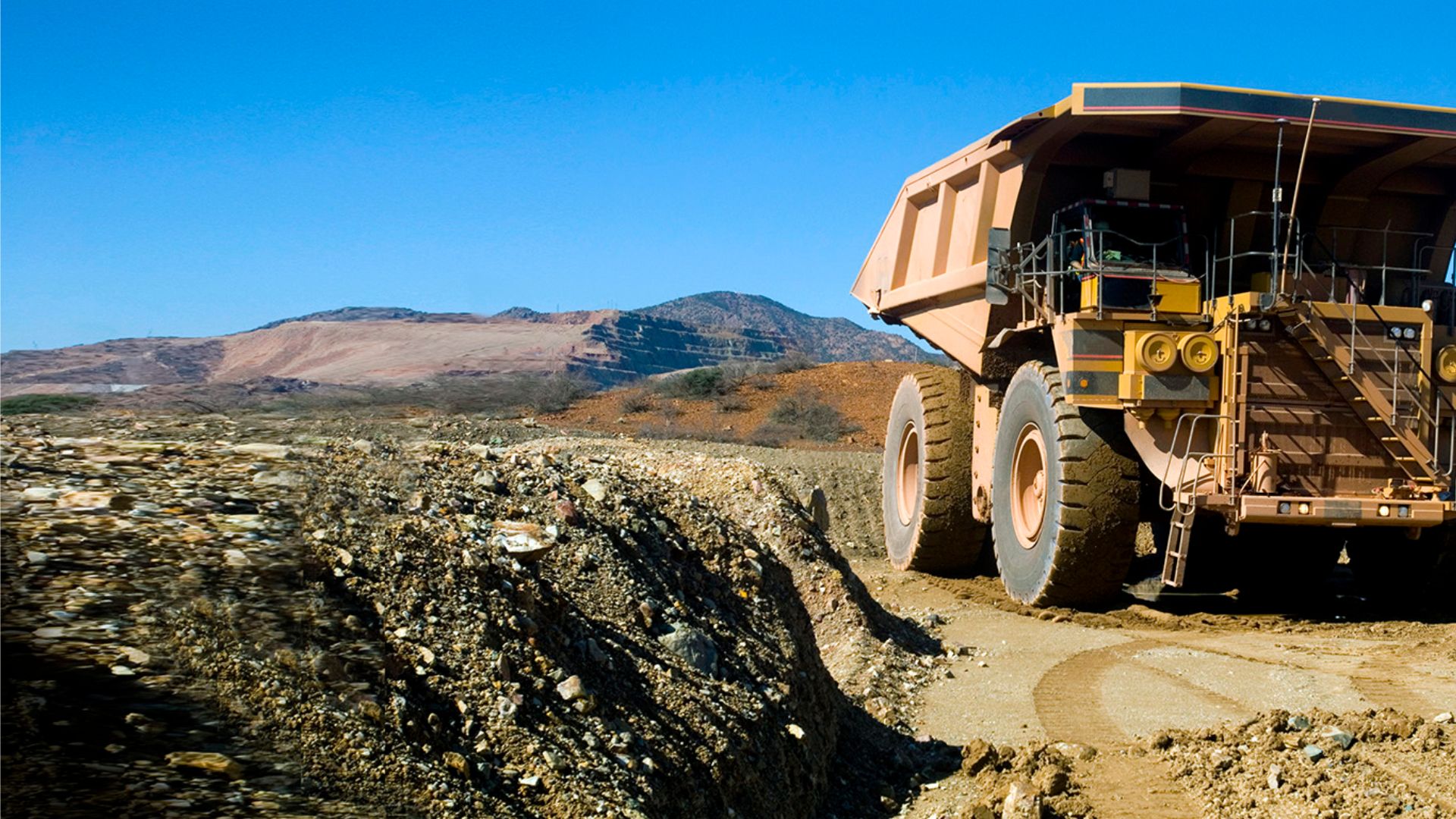Navigating Challenges and Shaping the Future: The Complexities of Tanzania's Mining Industry
- Tanzania | 26 August 2023

Tanzania’s mining industry holds immense potential for economic growth and development. However, like any other sector, it faces numerous challenges that require careful consideration and strategic planning. In this article, we delve into the challenges faced by the mining industry in Tanzania, exploring their implications, underlying factors, and potential solutions. By addressing these challenges head-on, Tanzania can pave the way for a sustainable and thriving mining sector that benefits both the country and its stakeholders.
One of the primary challenges in Tanzania’s mining industry is the regulatory framework and legal uncertainty. Frequent changes in mining laws and regulations have created a sense of instability and unpredictability for investors. This uncertainty hampers long-term planning and discourages foreign direct investment. The government’s efforts to strike a balance between attracting investments and maximizing the country’s mineral wealth while safeguarding national interests remain crucial.
Transparency and good governance are essential for a sustainable and inclusive mining industry. Tanzania has been working towards improving transparency through initiatives such as the Extractive Industries Transparency Initiative (EITI). However, challenges persist in areas such as revenue management, licensing processes, and contract negotiations. Strengthening transparency, accountability, and stakeholder engagement can enhance trust between the government, mining companies, and local communities, fostering a conducive environment for responsible mining practices.
Inadequate infrastructure, including roads, power supply, and ports, poses a significant challenge to the mining industry in Tanzania. Insufficient infrastructure increases transportation costs, delays project implementation, and limits the sector’s overall efficiency. To overcome this challenge, the government needs to prioritize infrastructure development, partnering with private investors to build robust transportation networks and reliable power supply systems that support the growth of the mining industry.
Promoting local content and employment opportunities is crucial for sustainable development in the mining sector. While efforts have been made to enhance local participation, there is still a need to improve the capacity and skills of Tanzanian citizens to participate meaningfully in the industry. Strengthening vocational training programs, establishing linkages between mining companies and local suppliers, and promoting job creation for local communities are vital steps towards empowering Tanzanians and maximizing the sector’s benefits for all.
Mining activities can have significant environmental and social impacts if not managed responsibly. Challenges related to environmental protection, land reclamation, and social welfare must be addressed proactively. Implementing stringent environmental regulations, promoting sustainable mining practices, and fostering community engagement are essential to mitigate negative impacts and ensure the long-term sustainability of both the mining industry and the affected communities.
Artisanal and small-scale mining (ASM) plays a significant role in Tanzania’s mining landscape. However, ASM operations often face challenges such as lack of access to finance, technology, and formalized markets, as well as inadequate legal frameworks. Enhancing the formalization of ASM activities, providing technical and financial support, and integrating ASM into the formal mining sector can unlock its potential for economic development while ensuring responsible practices and improving the livelihoods of artisanal miners.
Tanzania’s mining industry holds immense potential for economic growth and development. However, like any other sector, it faces numerous challenges that require careful consideration and strategic planning. In this article, we delve into the challenges faced by the mining industry in Tanzania, exploring their implications, underlying factors, and potential solutions. By addressing these challenges head-on, Tanzania can pave the way for a sustainable and thriving mining sector that benefits both the country and its stakeholders.
Tanzania’s mining industry has enormous potential to contribute to economic growth, job creation, and sustainable development. However, it is essential to acknowledge and address the challenges that hinder its progress. By focusing on regulatory stability, transparency, infrastructure development, local participation, environmental responsibility, and support for artisanal and small-scale mining, Tanzania can overcome these challenges and unlock the full potential of its mineral resources. Through collaborative efforts between the government, mining companies, local communities, and other stakeholders, Tanzania can establish a resilient and inclusive mining sector that serves as a catalyst for national development.








